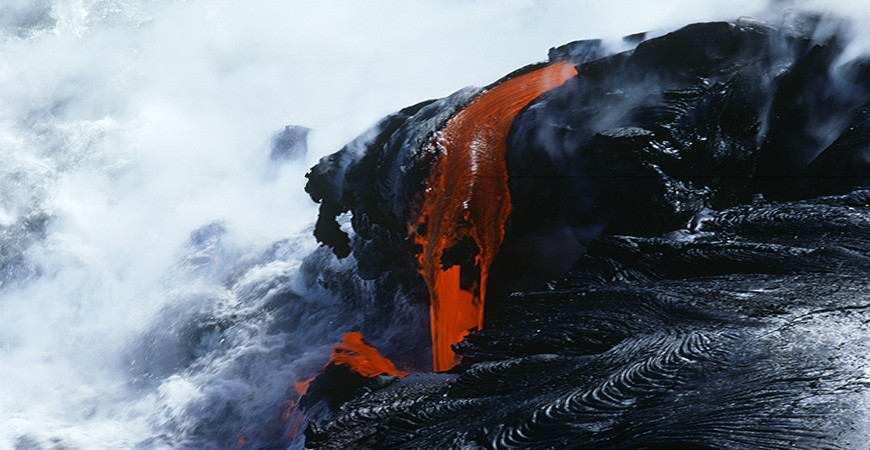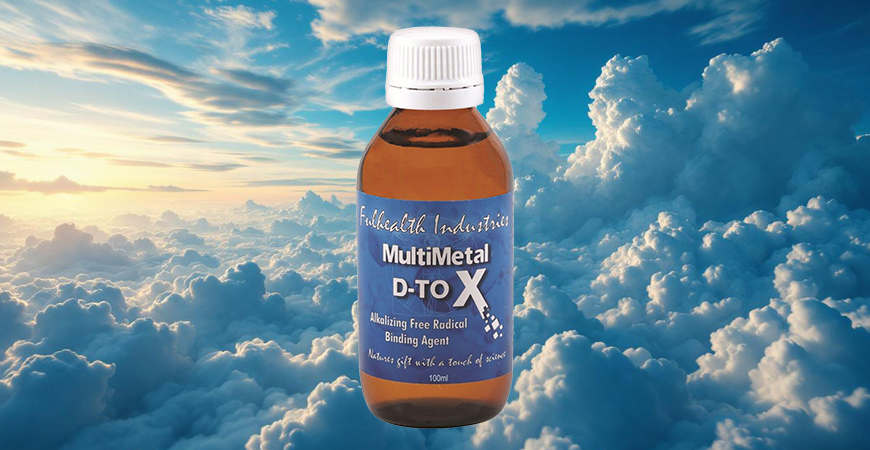What Are Zeolites?
Zeolites are literally volcanic minerals with a unique, complex crystalline structure.
Zeolites honeycomb framework of cavities and channels act like cages, trapping heavy metals and toxins.
Zeolites are a family of crystalline aluminosilicate minerals (Harben, 1999) that are naturally occurring in nature.
The first zeolite was described in 1756 by Cronstedt, a Swedish mineralogist who coined the name from two Greek words meaning boiling stones, referring to the evolution of steam when the rock is heated.
Zeolites crystalline framework consists of SiO4 and AlO4 tetrahedra joined by shared oxygen atoms (Mumpton, 1983).
The negative charges of the AlO4 units are balanced by the presence of exchangeable cations, primarily of group IA and IIA elements.
Being a naturally occurring mineral, the precise composition of clinoptilolite is subject to a degree of variation.
However, an approximate empirical formula is (Ca, Fe, K, Mg, Na)3-6Si30Al6O72.24H2O.
The Chemical Abstracts Service (CAS) Number for clinoptilolite is 12173-10-3.
Clinoptilolite is a naturally occurring zeolite, formed by the devitrification (ie the conversion of glassy material to crystalline material) of volcanic ash in lake and marine waters millions of years ago.
It is the most researched of all zeolites and is widely regarded as the most useful.
There are 49 naturally occurring Zeolites in nature
They come in three families.
- The first category includes asbestos. These zeolites are particularly toxic and have shown themselves to promote illness within the body when the body is exposed to them
- Globular zeolites are very large and are used as anti-caking agents i.e. laundry detergents
- Shethlike zeolites are thin sheaves and include Cliniptilolite. These are used in air and water purifiers and added to animal feed to enhance the absorption of the food and minimise toxic residues within the live stock. They have been used in traditional medicine for over 800 years.
The large majority of toxicology studies on zeolites have been performed on zeolite because of its widespread use in household detergents.
No fatal case arising from the oral uptake of either of these zeolites has been identified.
Here in Australia, zeolite (clinoptilolite) is used as a filter medium for sewage effluent.
A number of large councils in Australia (Brisbane City Council being the largest) have purpose built zeolite filters that are designed to remove primarily nitrogenous wastes from treated sewage effluent.
All around the world zeolite is used for filtering the water of
- Private and Public Swimming Pools
- Municipal Drinking Water
- Municipal and Industrial Waste Water
- Water Parks
- Aquariums
- Aquaculture
- Zoos
Used in such diverse areas agriculture, it is said that zeolites improve the plants ability to absorb nutrients from the soil resulting in a more robust and vital plant.
Related articles
What Is Activated Liquid Zeolite
Activated Liquid Zeolite Benefits
The Activation Process of Liquid Zeolite
Comparing Powdered & Liquid Zeolite
Sports Performance With Activated Liquid Zeolite
Occupational Exposure to Heavy Metals
Your Exposure to Cadmium & Arsenic
Your Exposure to Lead & Aluminum
Your Exposure to Copper & Zinc
Dr. Stewart Lonky – Medical Complications From Toxins AUDIO PRESENTATION
Disclaimer: All information on this web site is for informational purposes only. Under no circumstance is any product on this site intended to diagnose, treat, cure or prevent any disease or condition. Please contact a medical doctor to diagnose and treat any medical condition.



